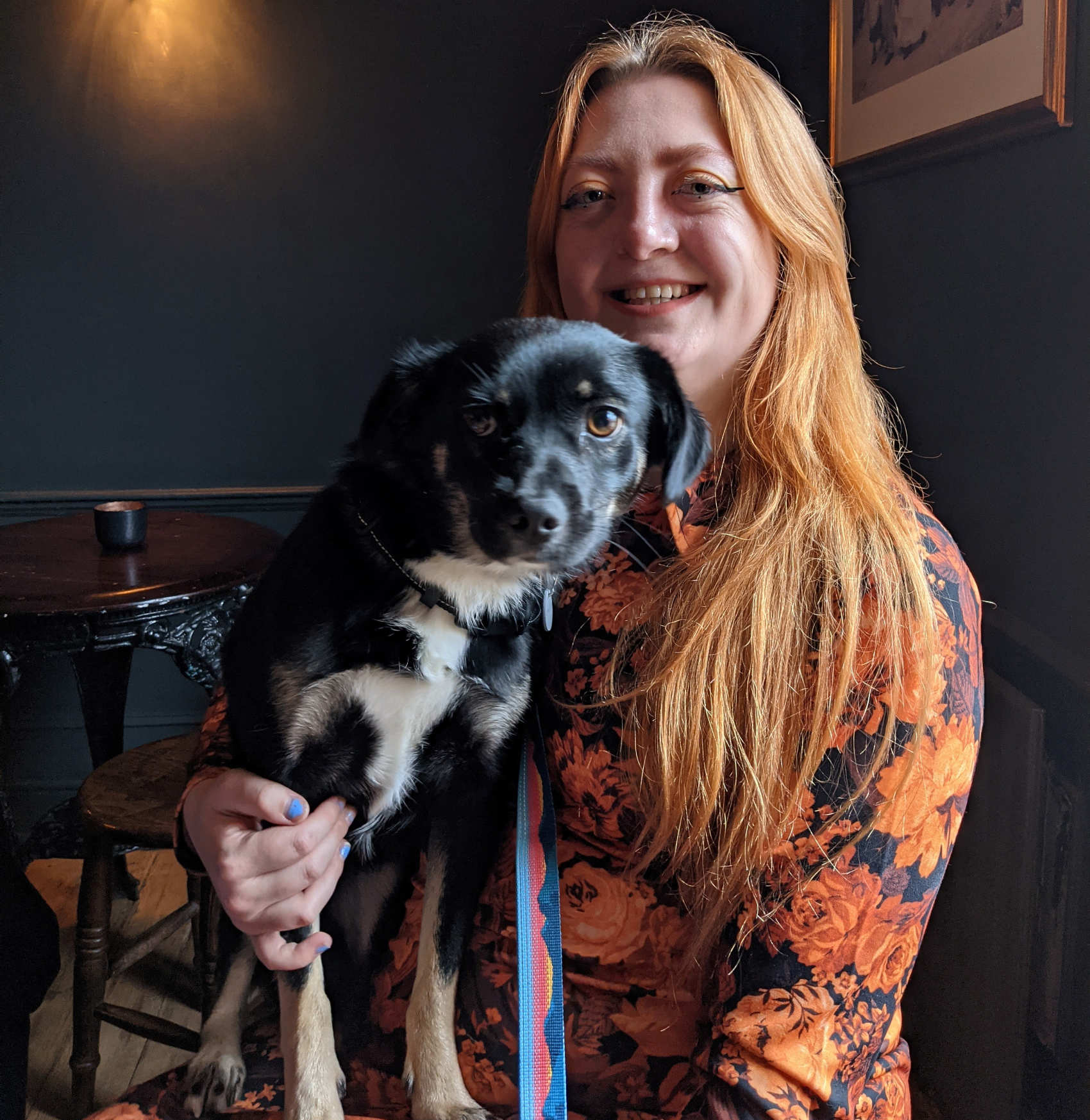A new survey conducted by Savanta looking at the lives and experiences of over 1,000 people with a visible difference, commissioned by charity
Changing Faces reveals:
- 33% of people with a visible difference have experienced a hate crime (compared to 28%) in 2019.
- Half (49%) have experienced hostile behaviour because of their visible difference, a figure that has been steadily rising from 2019 (34%) and in 2021 (43%).
- Younger respondents are more likely to have experienced hostile behaviour because of their visible difference. 2 in 3 (66%) of those 18-34 haveexperienced hostile behaviour compared to half (50%) of those 34-54 and a quarter (24%) of those 55+.
- Nearly half (47%) say they have felt self-conscious or embarrassed as a result of their visible difference.
New research has found that a third (33%) of people with a visible difference or disfigurement have experienced a hate crime, an increase from just over a quarter
of people (28%) in 2019. That’s according to the charity Changing Faces, whose new research reveals that there has also been an increase in people experiencing hostile behaviours because of how they look.
Half (49%) of those with a visible difference reported that they have to contend with hostile behaviours, like stares and bullying. This increase has been steadily
rising since 2019 when a third of people (34%), reported these experiences.
The charity says that younger respondents are even more likely
to experience hostile behaviour because of their visible difference, with two in three (66%) of those aged 18-34, reporting this happens to them.
The survey conducted by Savanta of over 1,000 people with a visible difference, such as a mark or scar, provides an accurate picture of how those with visible
differences are affected by hate crimes, incidents and negative behaviours in the UK today.
Isobel Cameron, a Changing Faces campaigner from Harrogate, North Yorkshire says:
I’ve been the target of hate because of my appearance, and I know many other people with
a visible difference who have too. Whilst more people still deal with unacceptable stares and comments, we shouldn’t have to accept this as part of life with a visible difference. One more person experiencing hate because of how they look is one person too
many. It needs to stop.That’s why I’ve written to the North Yorkshire Police and Crime Commissioner, calling on them to ensure that people with visible differences are supported by their local police
force to report hostile behaviour when they experience it. We don’t want it to take a tragedy for people to take this issue seriously.
Changing Faces chief executive, Heather Blake, says:
These are sobering numbers to read. We know that behind each of these statistics is a person who is directly impacted
by the shocking prejudice, and in some instances criminal actions, of others. No one should be a target for abuse or discrimination because of how they look.First and foremost, we want anyone with a visible difference or disfigurement to know that we are here for them. This isn’t something you should just have to put up with.
Let’s call it what it is, it’s hate, and it’s wrong.We need people to challenge abuse if they witness it, and we need authorities, like the Police, to ensure people with visible differences know that their experiences will
be taken seriously, should they report them.
The research also found that nearly a quarter (23%) of people experienced a hate crime but didn’t report it. When asked about the barriers to reporting, nearly
a quarter (23%) said that they didn’t think they would be taken seriously, whilst more than one in ten (12%) say experiencing a hate crime is just part of life with a visible difference.
These hate crimes, incidents and negative behaviours are already having an impact. Nearly half (47%) of those surveyed said that they have felt self-conscious or embarrassed
as a result of their visible difference. Whilst 31% often worry about how strangers may behave or react around them.
Volunteer campaigners and ambassadors from the charity have spoken about the hate and hostile behaviours that they experience. People have shared their testimonies, which range
from customers refusing to be served by them and people on public transport avoiding sitting next to them, through to verbal abuse shouted at them from passing cars, threats of violence in the street and even death threats made online.
The Changing Faces volunteers have written to the Police and Crime Commissioners in England and Wales, as well as Police Scotland and the Northern Ireland Policing Board, highlighting
this research, asking for their support and for them to encourage their local forces to ensure people with a visible difference in their area feel confident to report any hate crimes or incidents they experience.
Isobel says:
A visible difference shouldn’t make you a target for abuse and hate, but too often, it does. Change needs to happen, and there are ways that everyone
can help, whether that’s reporting hateful comments you have seen online, becoming an ally to someone in need, or calling the Police in an emergency situation.Difference is something to be celebrated, not used as an excuse for hate. It’s time people understood that it’s not okay to target someone because of how they
look. Instead, we need to see the positives that come from embracing diversity.







